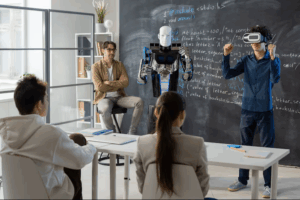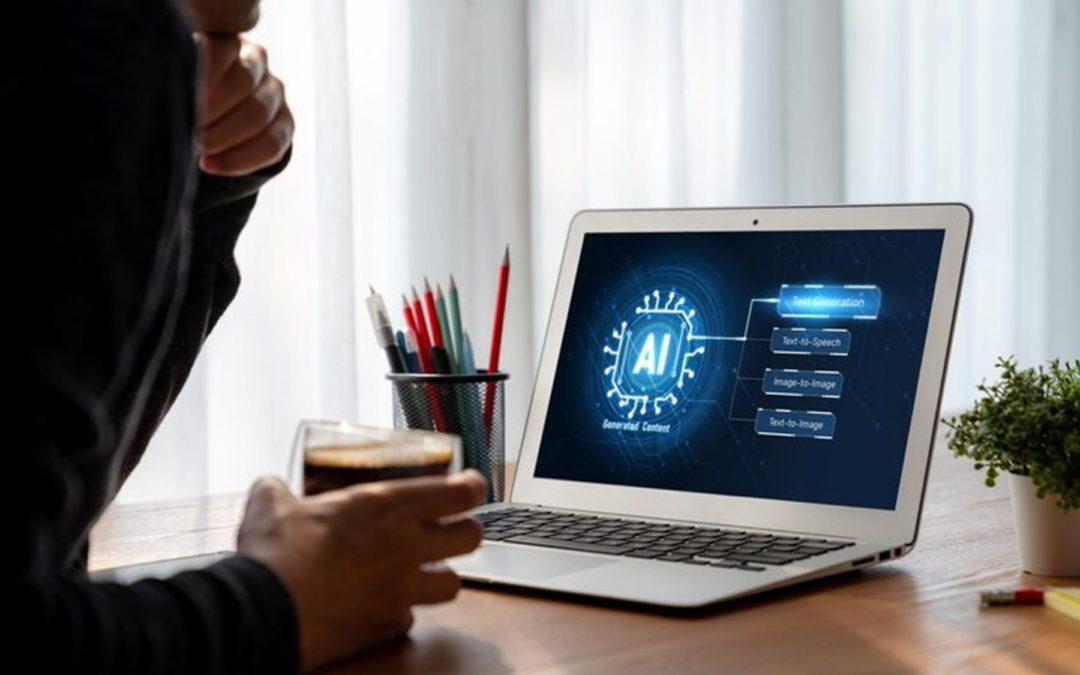Artificial Intelligence (AI) often sparks strong opinions. Some see it as a disruptive threat, while others view it as a force for progress. Beyond the hype and scepticism, there is a growing consensus that AI, when applied responsibly, can be one of the most transformative tools of our time. It is not about replacing humans but about enhancing human ability to think, create, and make better decisions.
Among those who have reflected deeply on this subject is Dominique Rogeau, a technology observer and advocate of human-centered innovation. He frames AI not as a rival to human intelligence but as a practical extension of it, something that can save time, improve accuracy, and support innovation across industries.
The Role of AI in Everyday Life
AI is no longer confined to research labs or science fiction. It is already woven into everyday routines. Voice assistants remind us of appointments, navigation apps adjust routes in real time, and instant translation tools make cross-cultural communication easier than ever. These technologies, once unimaginable, are now integrated into smartphones, cars, and even home devices.
The real story lies in how AI strengthens human capabilities. In healthcare, algorithms help doctors detect diseases earlier. In classrooms, adaptive learning platforms personalize education. Farmers use predictive weather systems to protect their crops, while individuals automate routine tasks to free up time for creativity and relationships. The point is clear. AI does not replace human skills. It amplifies them.

A Familiar Pattern in Innovation
History shows that every major innovation, from the printing press to the internet, has been met with hesitation. Each time, society adapted, and those technologies became essential drivers of progress. AI is following the same path.
Rather than focusing only on fears of job loss or runaway machines, the more productive discussion is about designing AI systems that serve people.
Building AI People Can Trust
For AI to fulfil its promise, trust is essential. That means algorithms must be transparent, fair, and accountable. Users deserve to know, even in simple terms, how automated systems reach their decisions and what data they rely on. Without this clarity, scepticism will remain.
Accessibility is equally important. AI should not be a luxury reserved for a few. It should be inclusive, helping people across industries and communities. Making AI widely available ensures that its benefits extend to small businesses, educators, and individuals, not only large corporations.
Ultimately, AI is not an end in itself. It is a tool, and its impact depends entirely on the choices humans make when using it.
Driving Innovation Across Sectors
One of AI’s greatest strengths is its ability to spark innovation. Industries such as energy, healthcare, and transportation are adopting intelligent systems to solve complex challenges. Predictive maintenance prevents costly equipment failures. Smart energy management reduces waste in buildings. Environmental models help forecast biodiversity changes and support sustainable policies.
What makes this even more exciting is that AI is no longer limited to global corporations. Thanks to cloud platforms and affordable AI tools, startups and small businesses can access the same technologies. Entrepreneurs are using AI to streamline logistics, personalize marketing, and build services that compete on a global scale.
Balancing Opportunities with Risks
No technology comes without risks. Poorly designed AI can reinforce biases, reduce accountability, or make critical decisions too opaque. Over-reliance on automation can also weaken human oversight. These risks highlight the need for regulation, clear ethical standards, and digital education.
Teaching people, even in simplified terms how AI works empowers them to use it responsibly. Instead of being passive consumers, individuals can become active participants in shaping how AI fits into their professional and personal lives.
Looking Ahead
The future of AI is not something to fear. It is something to shape collectively. By combining innovation with responsibility, societies can unlock AI’s potential to improve quality of life, strengthen industries, and encourage human creativity.
The choice is not between humans or machines. It is about creating a balance where each complements the other. Far from dystopian scenarios where machines dominate, the most realistic future is one where AI becomes a trusted partner, working behind the scenes to make life more efficient, more connected, and more human.
As thought leaders like Dominique Rogeau remind us, the question is not whether AI will transform our lives but how we will guide that transformation. Done responsibly, AI has the power to become one of the most valuable instruments of progress in the 21st century.

Commentaires récents